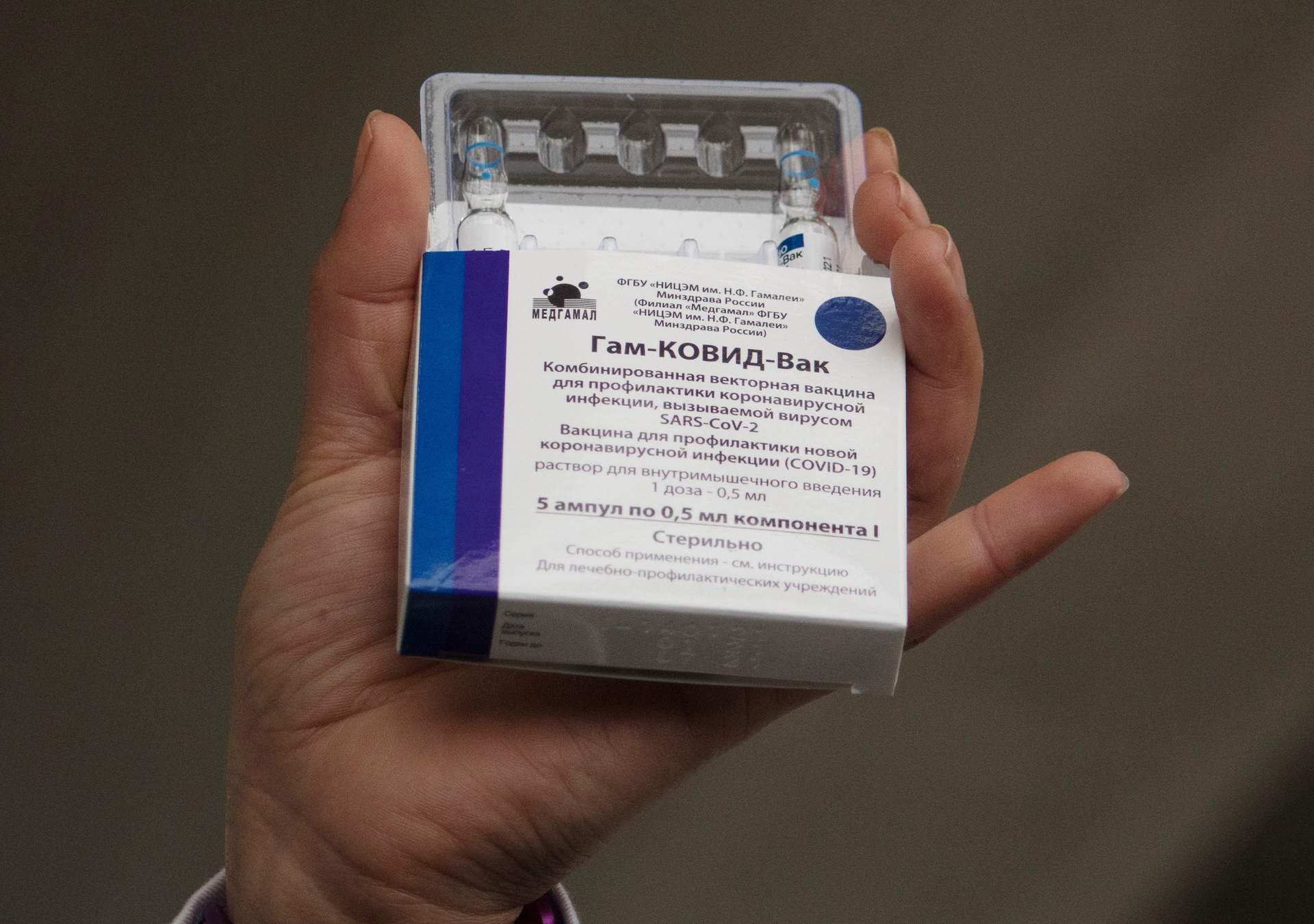Ireland's National Advisory Board on Immunization made a recommendation to suspend vaccination with the British-Swedish company AstraZeneca from March 14 in the country.
This is stated on Twitter of the Ministry of Health of the country.
The reason was the data of the Norwegian Medicines Agency on four new cases of serious bleeding disorders in patients vaccinated there, the statement says.
The council stressed that at the moment there is no evidence of the connection of these cases with the AstraZeneca vaccination.
However, as a precautionary measure and pending more information, it was decided to temporarily discontinue vaccination with this drug.
On the eve of the Norwegian Medicines Agency announced three cases, presumably, side effects in young people vaccinated with the AstraZeneca vaccine, who were hospitalized due to blood clots or cerebral hemorrhage.
The day before, one patient who also received the drug suddenly died from similar causes.
The agency clarified that all of these people had a decrease in the number of platelets in the blood.
“People under the age of 50 who have been vaccinated with AstraZeneca should they feel unwell for more than three days after vaccination and find large or small blue spots on their skin (subcutaneous hemorrhage) as soon as possible, consult a doctor or contact medical institutions on duty, ”the agency warned.
Recall that several European countries have already announced the suspension of the use of the AstraZeneca vaccine against the background of the alleged detection of side effects.
Thus, the Austrian authorities decided to stop using a batch of the drug after the death of one vaccinated woman and complications in another.
The Federal Office for Health Safety (BASG) of the country clarified that a 49-year-old woman died as a result of severe bleeding disorders, and a 35-year-old patient developed pulmonary embolism.
The department also stated that there was no evidence of a connection between the development of complications with the use of the vaccine, but announced the start of an investigation.
The temporary refusal to use the drug was also announced in Denmark, Norway, Italy, Bulgaria, Romania and a number of other countries.
On March 12, the World Health Organization (WHO) announced that the organization's experts are studying reports of cases of drug withdrawal in the European Region.
They clarified that "as soon as WHO has a full understanding of what happened, the organization will immediately publicly announce its findings or any changes in the current recommendations."
RIA News
© Chedly Ben Ibrahim
In early March, Russian President Vladimir Putin, during a meeting with participants in the All-Russian action of mutual assistance "We Are Together," recalled that the AstraZeneca vaccine showed an efficiency of only 61%, while the result of the Russian drug "Sputnik V" - 91.6%.
“Indeed, there is something to be proud of.
Our vaccine ("Sputnik V") and vaccines (two other drugs registered in the Russian Federation) are the safest and most effective in the world, "the president emphasized.
On March 14, the head of the Main Directorate of International Military Cooperation (GU MVS), Lieutenant General Alexander Kshimovsky, said on the air of the Zvezda TV channel that the military attachés of 50 foreign embassies, as well as members of their families, had already been vaccinated against the coronavirus with Sputnik V.
On the eve of the German biotechnologist, associate professor of the Management Center of the city of Innsbruck, Reinhard Renneberg, on the air of RT, said that in the east of Germany they are very good about the Russian vaccine.
The scientist also recalled the publication in the medical journal The Lancet, which confirmed the safety and effectiveness of the drug.
On March 4, the Committee on Medicines for Medical Use of the European Medicines Agency (EMA) began the procedure for the consistent examination of the registration dossier of the Sputnik V vaccine.
RDIF CEO Kirill Dmitriev said that if approved, Sputnik V could make a critical contribution to saving millions of lives across Europe.
On March 5, it became known that Sputnik V ranked second among vaccines against coronavirus infection in terms of the number of countries that approved it.

